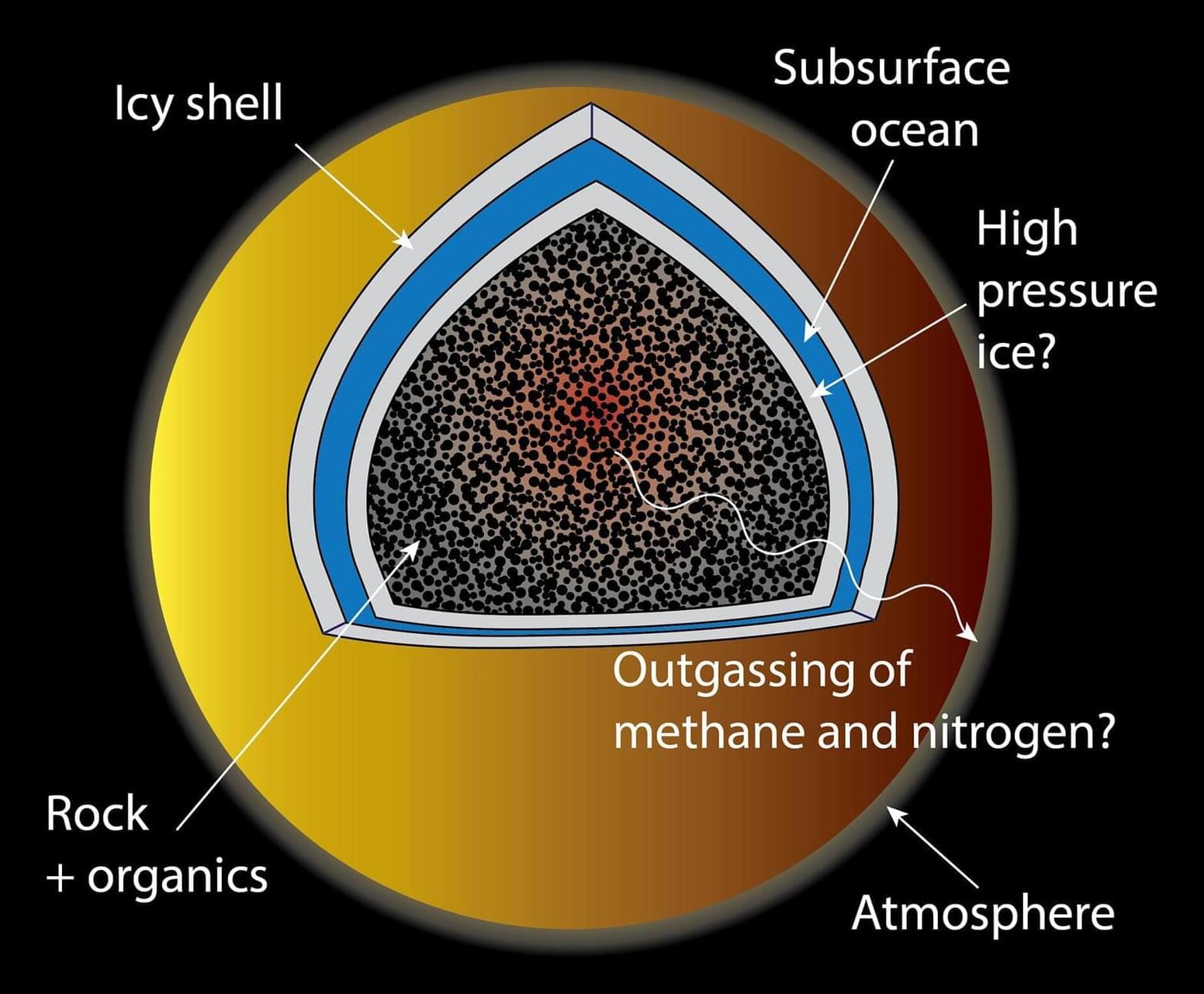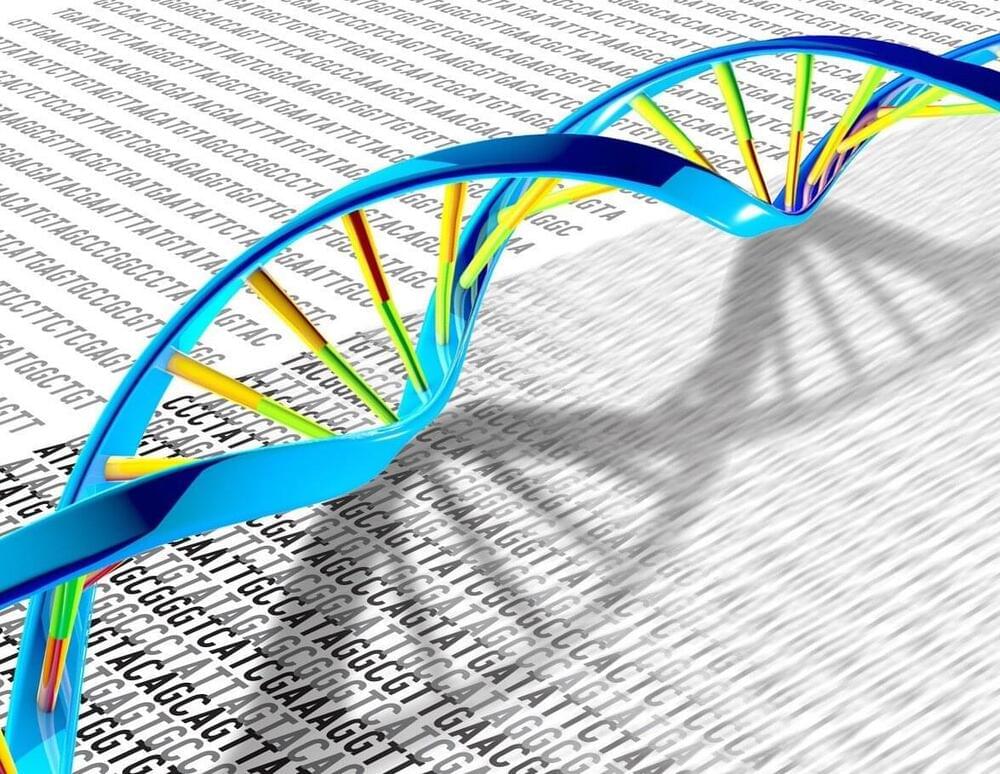MIT physicists, in collaboration with colleagues, have measured the geometry—or shape—of electrons in solids at the quantum level for the first time. GOOD. Ask the MIT physicists: 1. What is the physical reality of quantum physics? 2. How is your quantum level defined? 3. What is the spacetime background of your quantum level?
What one researcher see or touch about an elephant will be different, and what different researchers see or touch will be even more different. It is a scientific phenomenon, not the essence of nature. Scientific research guided by correct theories can enable researchers to think more.
According to the Topological Vortex Theory (TVT), spins create everything, spins shape the world. There are substantial distinctions between Topological Vortex Theory (TVT) and traditional physical theories. Grounded in the inviscid and absolutely incompressible spaces, TVT introduces the concept of topological phase transitions and employs topological principles to elucidate the formation and evolution of matter in the universe, as well as the impact of interactions between topological vortices and anti-vortices on spacetime dynamics and thermodynamics.







